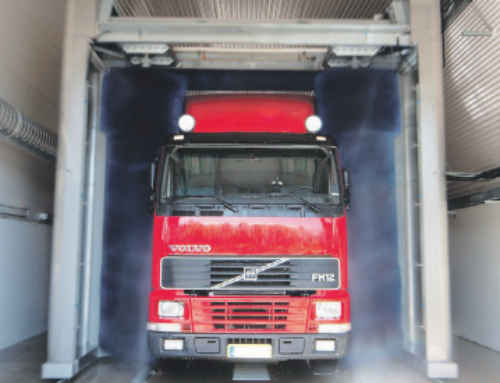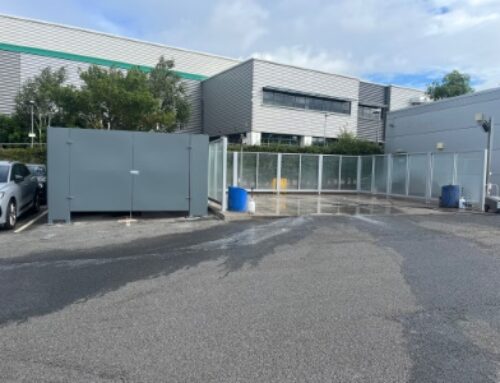Hella’s tips to cut battery failure risk
 Vehicle technology provider Hella has provided advice for commercial vehicle fleets on how to reduce the risk of battery failure.
Vehicle technology provider Hella has provided advice for commercial vehicle fleets on how to reduce the risk of battery failure.
The company says that understanding the importance of maintaining batteries and applying basic ‘best practice’ principles could help operators avoid the cost and inconvenience of battery-related breakdowns.
“Unfortunately, an all too common assumption is that once the vehicle has been started, its alternator will sufficiently charge the battery/batteries during the working day,” said Hella.
“However, this is completely dependent on the type of work the vehicle is doing – as well, incidentally, as the condition of the alternator.
“So, although a long distance vehicle may well cover enough free-flowing mileage between starts to allow the batteries to recover, vehicles undertaking short distance, multi drop work are an entirely different matter.
“In fact, a startling 80 per cent of battery failures come as a result of poor charge maintenance, in stark contrast to batteries that undergo regular mains charging, which can increase their serviceable life by two years or more.”
Furthermore, a 12-volt battery registering less than 12.5-volts will be working well below its optimum performance and therefore put the vehicle at risk of electrical failure, says Hella.
“As simple as it sounds, regularly charging will minimise the risk of failure and, as previously stated, increase their operating life in the process. However, taking the trouble to equalise the batteries on those vehicles fitted with more than one will improve the situation further.
“The lifespan of the individual units in a multi-battery application will vary, so they will rarely be replaced at the same time. Therefore, to avoid the remaining battery having a negative effect on the new one, operators must try to avoid simply fitting a replacement, without first fully charging both.
“This is because, although the most logical view is that the vehicle’s electrical system will charge the unchanged battery, most vehicle systems are not sophisticated enough to monitor the state of charge of the individual batteries, so will simply treat them as a single unit, which could prematurely bring down the performance of the new one.”
The company also advocates sourcing original equipment (OE) quality products, such as those supplied by Hella, when batteries need replacing, which it says will prove reliable over the longer term.
“Although operators never want to have to replace their batteries, generally they would be happier to pay a little more for something that will last three years or more, rather than pay less and have to replace them a year later,” said the firm.











